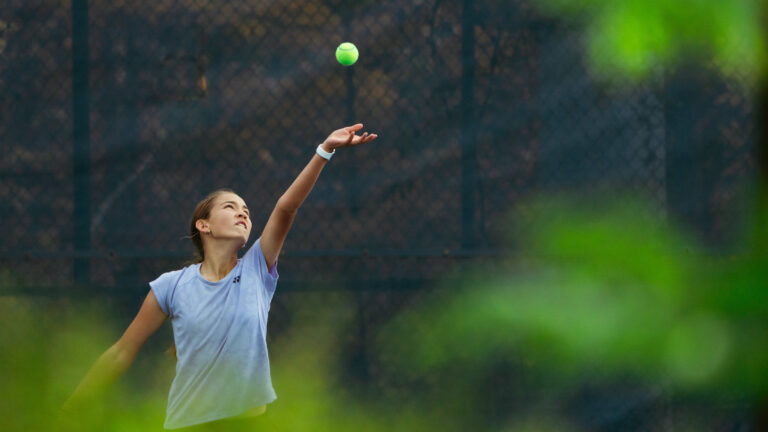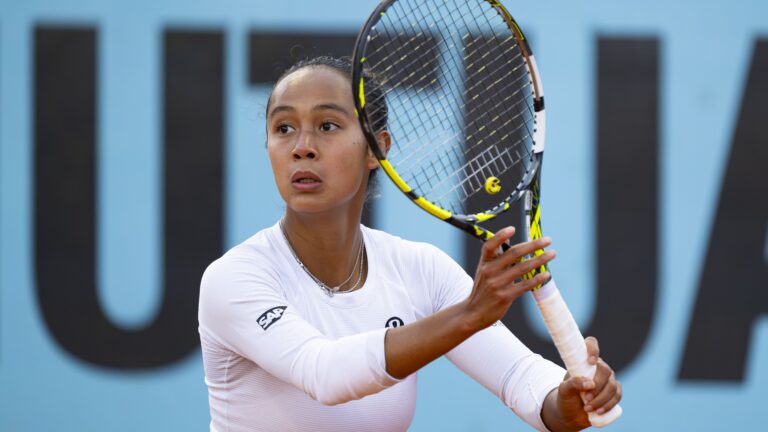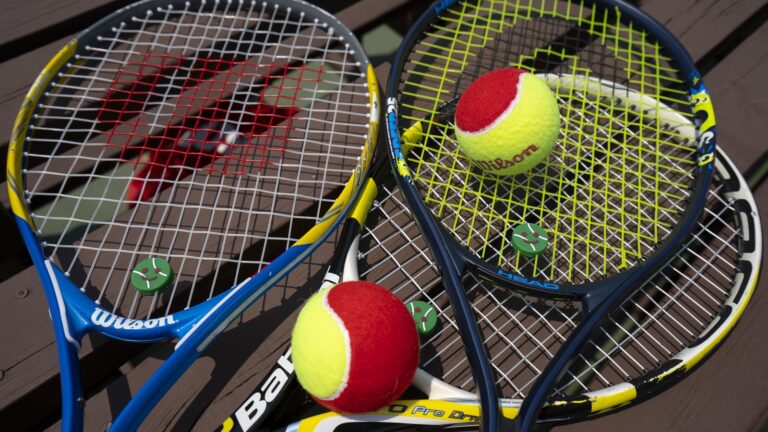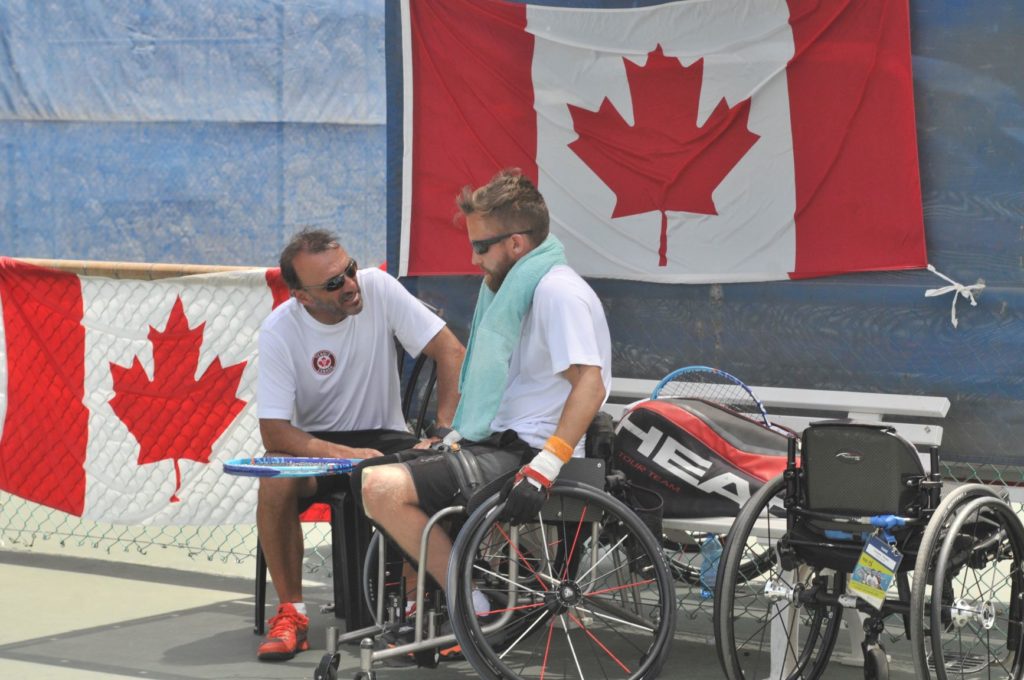
Photo: Mara Chaplin
With a large number of events cancelled or postponed due to the COVID-19 pandemic, one of the most renowned international events was no exception. Originally set to take place from August 25 to September 6, 2020, the Paralympic Games in Tokyo have been postponed to 2021.
One of Canada’s most successful wheelchair athletes, Rob Shaw, was on the road to qualifying for his first Paralympics, but his dream will have to wait a little bit longer.
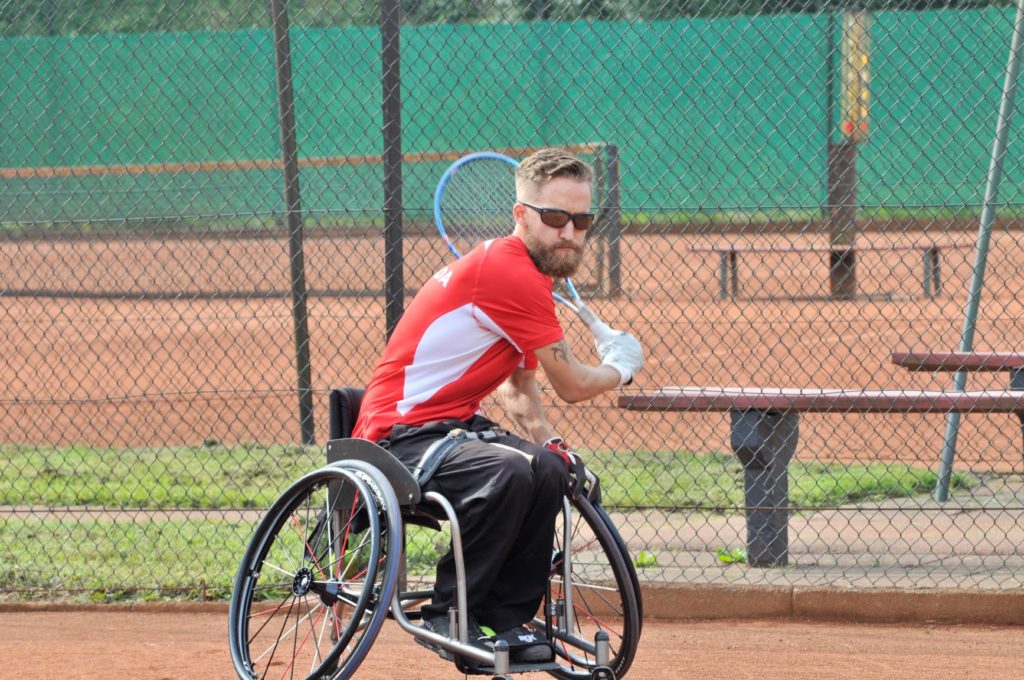
We sat down with Rob to discuss the postponement of the Paralympics, his dream of representing his country on the largest international stage and the impact of the current pandemic on his training.
How did you react when you heard that the Paralympics had been postponed to 2021?
Unlike a lot of athletes, I was relieved when the Canadian Paralympic Committee (CPC) took the decision out of my hands and withdrew from the Paralympics. I dreaded having to make the decision to either compete and risk my health or withdraw and miss the opportunity. The CPC relieved me of that decision.
What would it mean to you to represent your country in Tokyo next year?
Tokyo 2020 was meant to be my first Paralympics. Having the possible opportunity to represent Canada in 2021 would be very humbling. World Team Cup is always my favourite event of the year because of the high level of competition and team atmosphere it provides. I can only imagine how extraordinary it must feel wearing your country’s colours during the biggest sporting event in the world.
With an extra year to train for the Paralympics, what do you hope to achieve by next summer?
I just hope to continue to develop as a player and avoid major injury setbacks. It is no secret that I’ve struggled to stay healthy for most of my short career, so I’m hoping that with this time off I can get back to 100% healthy and stay there.
Do you think Canadian tennis players have a good chance of success at the Olympic and Paralympic games next year?
I think Canada will be sending a very competitive team to the Olympics and Paralympics. We have absolute superstars across the ATP and WTA in both singles and doubles. We also have elite coaches and former players on the staff who will help these players succeed. We know as the Paralympic team that we will be considered heavy underdogs, but as we showed at the Parapan Am Games in Lima, anything can happen.
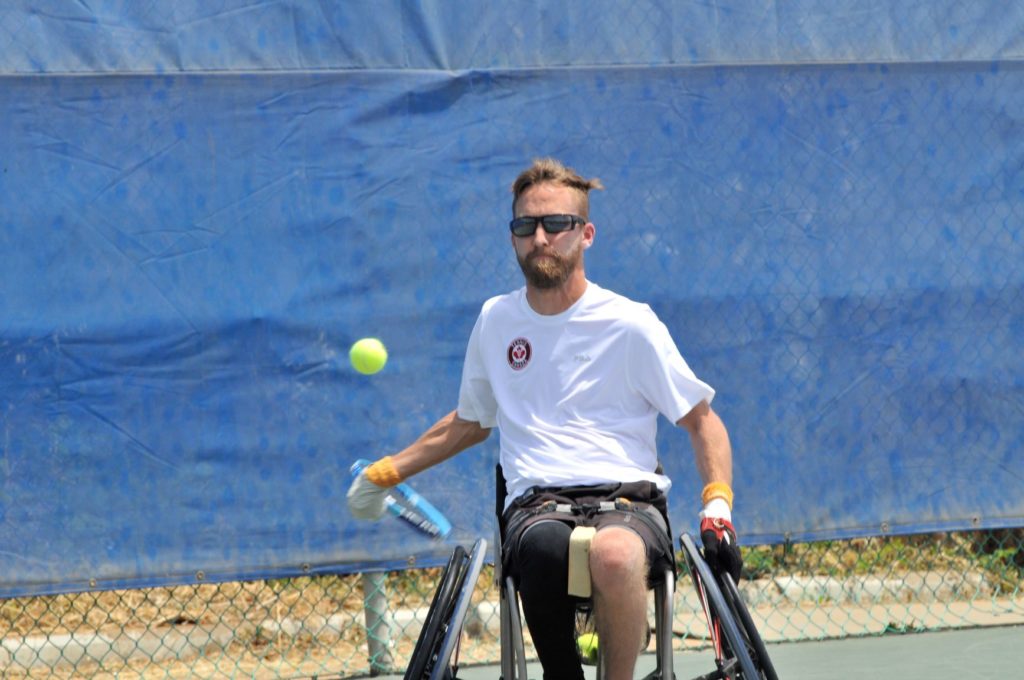
How has this pandemic affected your short and long term goals?
As I do not create any outcome goals related to my sport, the pandemic has only really impacted my process goals. It has been harder to physically train, so I have had to curb my expectations regarding my improvement of certain strokes. But my long-term goals remain unaltered. I am still chasing the perfect match. The type of match where win or lose, you come off the court feeling like you could not have done anything else.
How have you been training during this pandemic?
I have been mainly training in my condo. I am fortunate to have a set of adjustable free weights, some exercise bands and purchased an arm ergometer at the beginning of the pandemic. I have not been on court training due to an injury, but I am hoping to get back on court in the coming months. Being stuck at home has forced me to get a little more creative with my workouts, but living life in a wheelchair prepares you for that challenge.
What are your plans for the rest of the year?
I think my plans for the rest of the year are quite simple. First is to get healthy and then stay healthy. Second is to get back on court and start drilling some of the strokes that we were working on before the pandemic. The third is to make a lot of progress on my dissertation for my PhD as I intend to defend and graduate in 2021. Lastly, I plan to continue to find ways to stay happy and positive.
